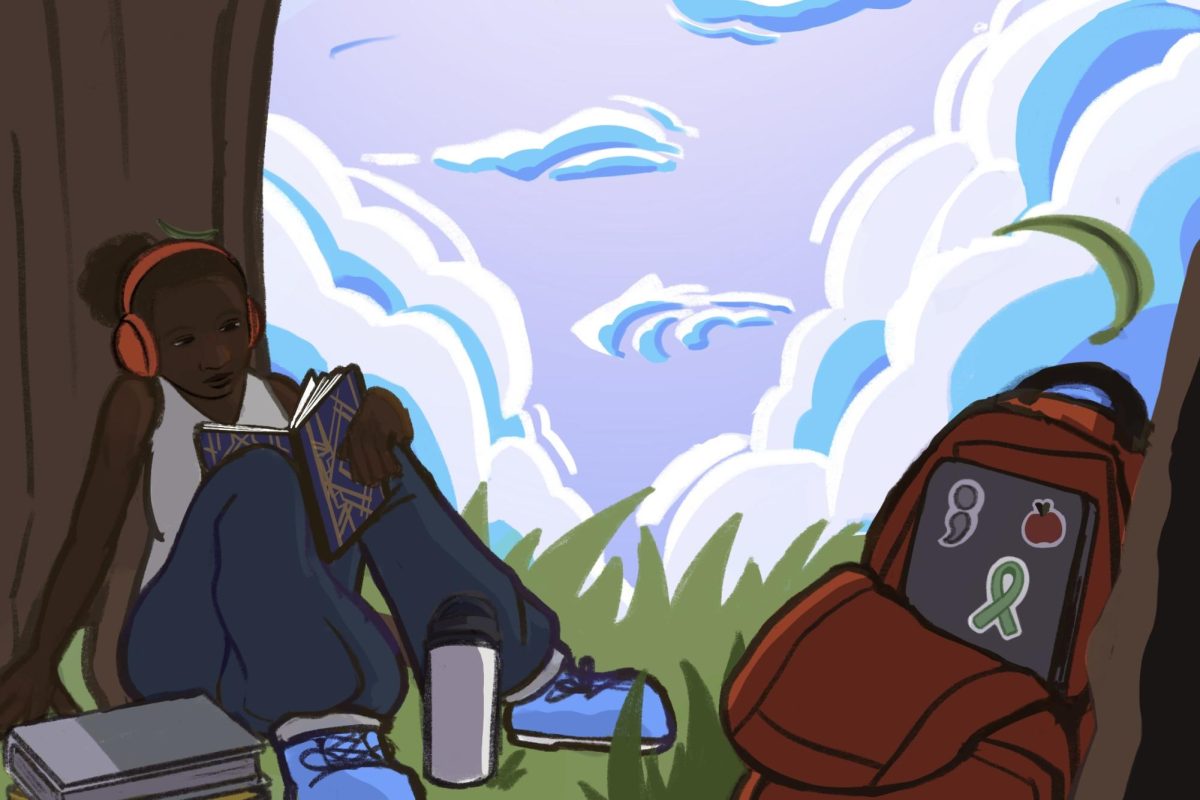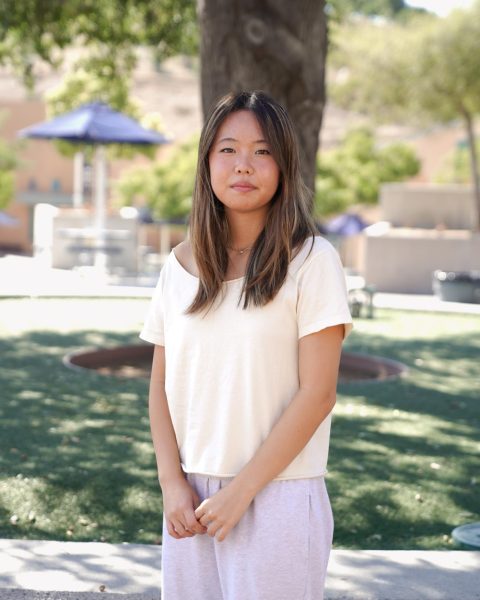Burnout at Northwood can hit fast, making skipping school tempting. But instead of that quick fix, students should use Northwood’s mental-health days to take guilt-free time off school and get the extra support they need.
Recognizing the surge in mental health issues within youth, under Senate Bill 14, California created “mental health days” in 2021, allowing up to five days of excused absences for mental health reasons. However, the majority of the student population is unaware of this law.
Consistently skipping class will foster a toxic cycle of avoidance—a short term relief to a long term stressor. Eventually, missed lectures and work will pile up.
According to Science Direct, studies have shown that unexcused absences negatively impact a student’s academic achievement.
In contrast, mental health days, when used judiciously, give students the chance to recharge while finding a long-term solution. These days have a meaningful purpose: It is a limited opportunity for the student to organize themselves and seek help if needed.
When classes get tough, one could be tempted to view mental health days as a free absence that would mirror “sick days,” where students take the day off hoping to manage their academic workload. Rather, mental health specialist Steven Lo urges students to use this time to rest, eat balanced meals and exercise.
“We’re always going to have struggles. But if we can take care of those things and be open and honest about those things…then we can really move forward,” Lo said. “Why go through high school struggling … when high school can be one of the most incredible experiences that a young person has?”
Office assistant Tish Fair, who handles student attendance, believes misuse of mental health days at Northwood is uncommon, and can be quickly addressed if recognized.
“I can honestly say that the people that are taking [mental health days] are people with a history of [mental health],” Fair said. “I don’t feel like it’s being abused because when people call in and that’s the reason, I check their history and they have flags on their accounts.”
Ultimately, it’s the student’s responsibility to take responsibility in difficult situations after a mental health day.
Though many may feel pressured to take on a heavy workload, students must be willing to accommodate what they can handle: for instance, considering limiting the amount of stressful AP classes.
History teacher Bryan Hoang says that if a student is really struggling in his class but wants to stay, it is a conversation with that student, their parents and counselors to figure out ways they can manage their workload and how adults can provide support.
Mental health days are intended to address this, and Northwood should better inform students so they can take advantage of them. ParentSquare, counselor newsletters and flyers on campus help raise awareness.
“I like mental health days because they actually acknowledge mental health at school,” junior Caitlyn Ko said. “Mental health in high school is pretty stigmatized, so I’m glad students can use these.”





















































